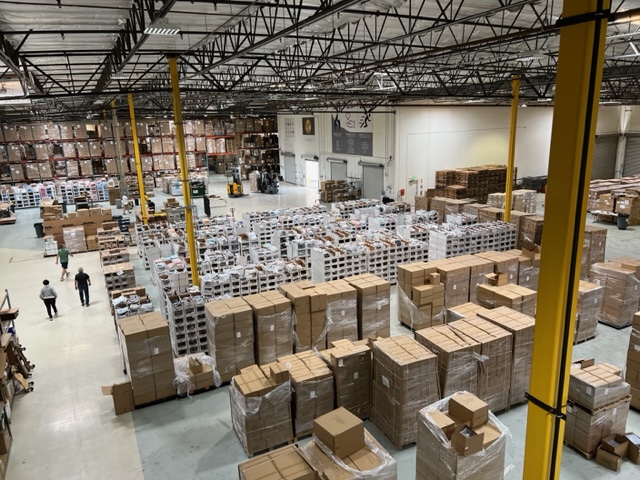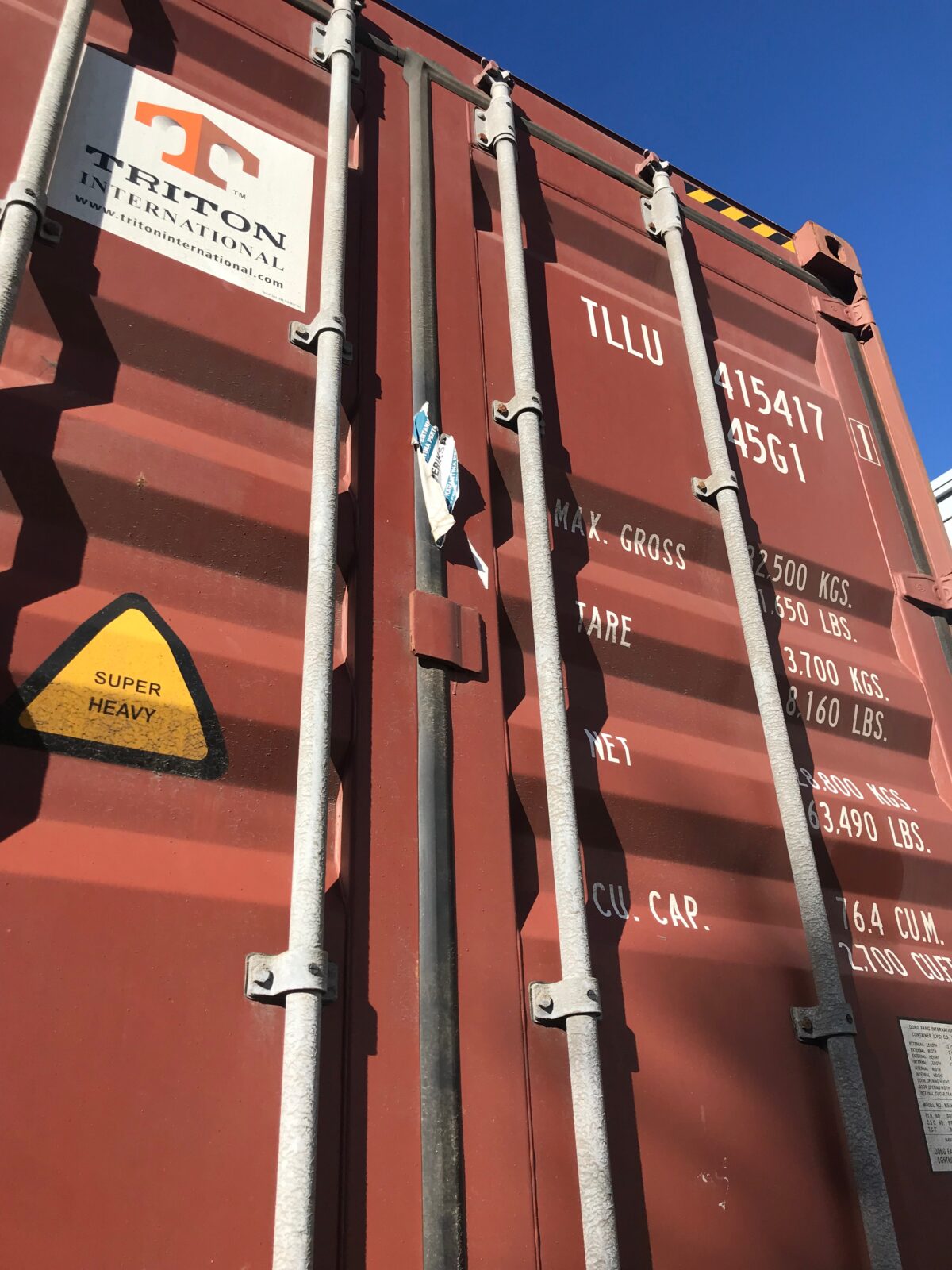-
Increase Revenue with Smart Product Bundles in Your Online Store

Let’s explore how to harness the power of smart product bundles to significantly boost online store’s revenue.
-
Say Goodbye to Logistics Headaches: How to Evaluate 3PL Providers

So, you’ve finally decided to pass the baton of your storage and distribution operations to someone else. Congrats! But hold up, now comes the tough part – finding the perfect third-party logistics (3PL) provider for your business. It’s like finding a needle in a haystack, but with more trucks and warehouses involved. Good luck, my…
-
Ship Smarter, Not Harder: How 3PL Can Save You on Shipping Expenses

Many companies struggle with finding ways to reduce their shipping costs while still providing fast and reliable service to their customers. One solution to this problem is to partner with a third-party logistics provider (3PL).
-
The Importance of Data Analytics in Third-Party Logistics

As a 3PL provider, it’s important to keep a close eye on your analytics because they can reveal crucial insights into your operations. By analyzing data such as shipping times, order accuracy, and inventory levels, you can identify areas for improvement and make informed decisions that will help you optimize your processes and maximize efficiency.…